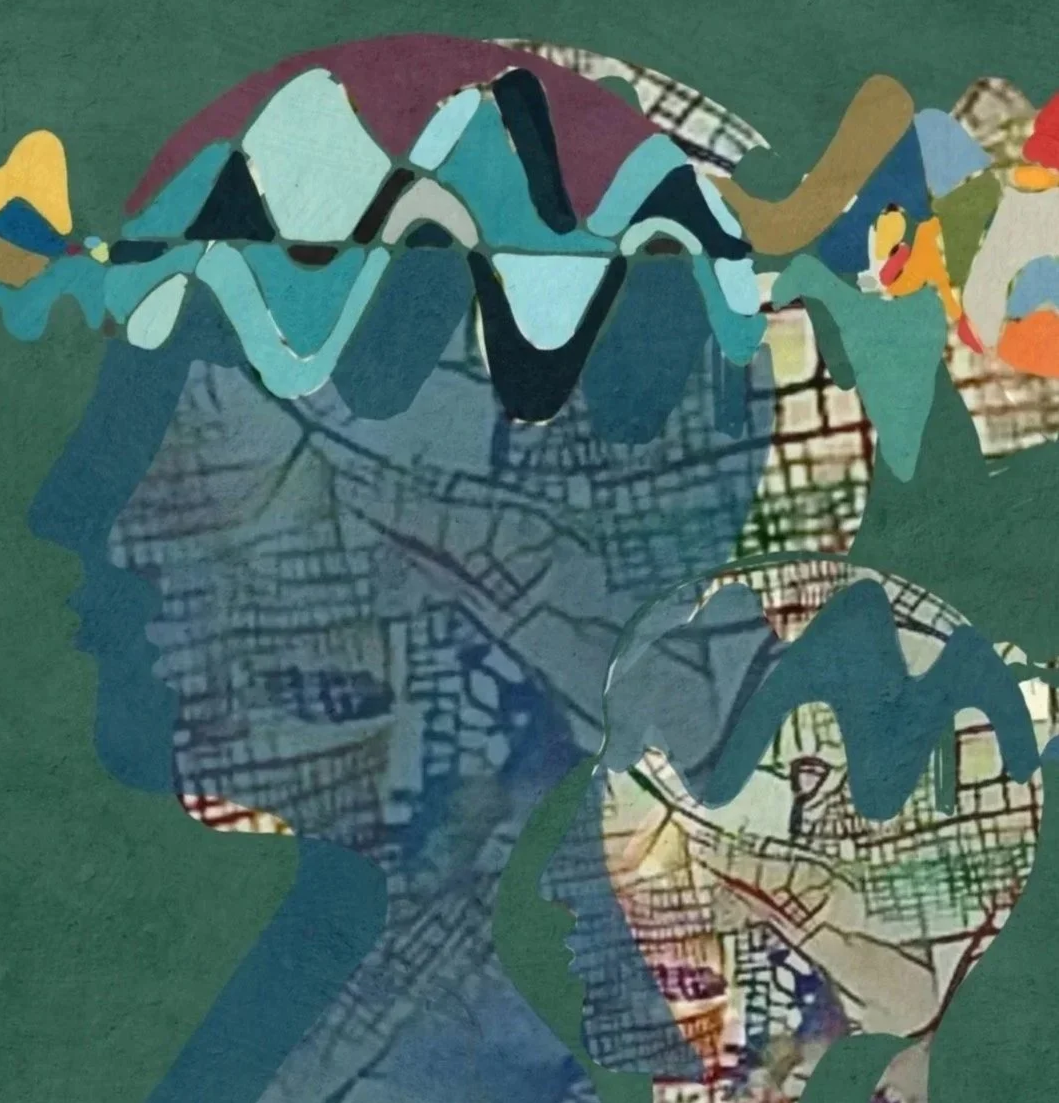A SANCTUARY
FOR
NEURODIVERGENT
ADULTS
About Feral Minds
Feral Minds: Neurodivergent chaos you actually recognize. Laugh. Relate. Connect. It’s the missing space between the TikTok hysteria and the dense, clinical, snooze-inducing pages a Google of “adult autism” serves up.
Here, autism isn’t reduced to hashtags, stereotypes, or medical jargon — it’s lived experience, messy brilliance, and unfiltered humanity. It’s the space where you can recognize yourself in someone else’s chaos, share a laugh at life’s absurdities, and find the vocabulary to name what you’ve always felt but couldn’t explain.
Feral Minds isn’t just content — it’s community, insight, and relatability, all wrapped in a little bit of neurodivergent chaos. It’s a place to exist fully, think differently, and feel understood — without the clickbait, without the overwhelm, and without apology.
Founded by me, Pearl Jenkins, a neurodivergent creator passionate about curiosity, sensory exploration, and authentic expression, Feral Minds externalizes the inner dialogue many keep hidden. Here, you’ll find playful reflections, honest stories, and sensory-rich expressions that honor the uniqueness of your mind.
Because your quirks aren’t flaws—they’re your signature.
What are your reasons?
With Genuine Care & Curiosity,
~ Pearl Jenkins
Internalized Ableism
Podcasts
Should I Get an Official Autism Diagnosis?
Getting a formal diagnosis as an adult can be part healing quest, part bureaucratic boss battle. It’s not required to be really autistic — but sometimes it opens doors that self-knowledge alone can’t.
When It Helps
Access: You need workplace, school, or government accommodations. Paperwork is the secret handshake.
Clarity: A diagnosis can bring language, validation, and a deep exhale — “Oh. That’s why.”
Better Care: Therapists and doctors treat you, not the misdiagnosis you were handed years ago.
Self-Advocacy: It gives you the vocabulary to ask for what you need without apologizing for it.
When It’s Optional
You already understand yourself and don’t need a doctor to make it real.
The cost, waitlists, or energy cost feels unbearable.
You live or work in a space that still doesn’t “get it,” and disclosure could backfire.
The Middle Path
Many of us claim the truth without the paperwork.
Self-identified, research-informed, community-affirmed — and still completely valid.
Diagnosis or not, your experience is real. You don’t need a signature to belong here.
Sincerely,
Pearl
How to Talk to Your Doctor (Without Losing Your Sanity or Tokens)
So you’ve decided to ask about an autism assessment.
Congrats — that’s brave. And a little terrifying. Talking to doctors about autism as an adult can feel like trying to explain Wi-Fi to a rock. Here’s how to make it through with your dignity (and maybe a few tokens) intact.
1. Plan Before You Enter the Arena
Doctors love “brief and specific.”
Write down:
What makes you think you might be autistic (patterns, sensory issues, lifelong traits).
How it affects your daily life (work, socializing, burnout, masking).
Any family history or childhood clues.
Bring notes. You’re not over-preparing — you’re protecting your working memory.
2. Use the Magic Words
Phrases like:
“I’d like a referral for an adult autism evaluation.”
“I’m noticing long-standing traits that align with autism, not just anxiety.”
“I’m looking for neuro-affirming assessment options.”
They translate to “I’ve done my research — please take me seriously.”
3. Expect Confusion (and Keep Calm Anyway)
Some doctors still think autism looks like a nine-year-old boy lining up toy cars.
You might need to gently re-educate. Or simply thank them and find someone who gets it.
4. Protect Your Energy
It’s okay to stop mid-appointment, take notes, or ask for time to think.
You don’t owe instant answers or emotional performances.
5. Remember: You’re the Expert on You
A doctor can assess traits — but only you live your inner world.
Whether the outcome is “official diagnosis,” “self-diagnosed,” or “still figuring it out,” you already have permission to understand yourself.
Feral Minds reminder:
You don’t need to prove you’re autistic. You’re just collecting data — and advocating for your future self.
Warmly,
Pearl J.
Click Here for a Downloadable Doctors Appointment Token Saver
Get to know your brain
Sensory Systems
Coming soon!
This course explores sensory processing differences in adults who received an autism diagnosis later in life. It covers an overview of sensory processing, the lived experience of sensory differences, strategies for self-understanding, and practical hacks for daily life. The course emphasizes neurodiversity-affirming approaches and peer discussion.
Token Management
Coming soon!
Learn how to budget your energy like the rare currency it is. This course explores the invisible economics of autistic life—how sensory input, social demands, and masking drain your tokens, and how to recharge without guilt.
Perfect for: late-diagnosed autistic adults, burnt-out overachievers, and anyone tired of running out of tokens halfway through Tuesday.
Your daily energy budget: now with fewer overdraft fees.
Burnout & Beyond
Coming soon!
Autistic burnout isn’t “just stress”—it’s a deep exhaustion from masking, sensory overload, and constant adaptation. This course helps you recognize the signs, understand your unique burnout cycle, and find recovery strategies that honor your neurotype. Learn to rest, rebuild, and reconnect with yourself—without the guilt.
For when even self-care feels like another task.





